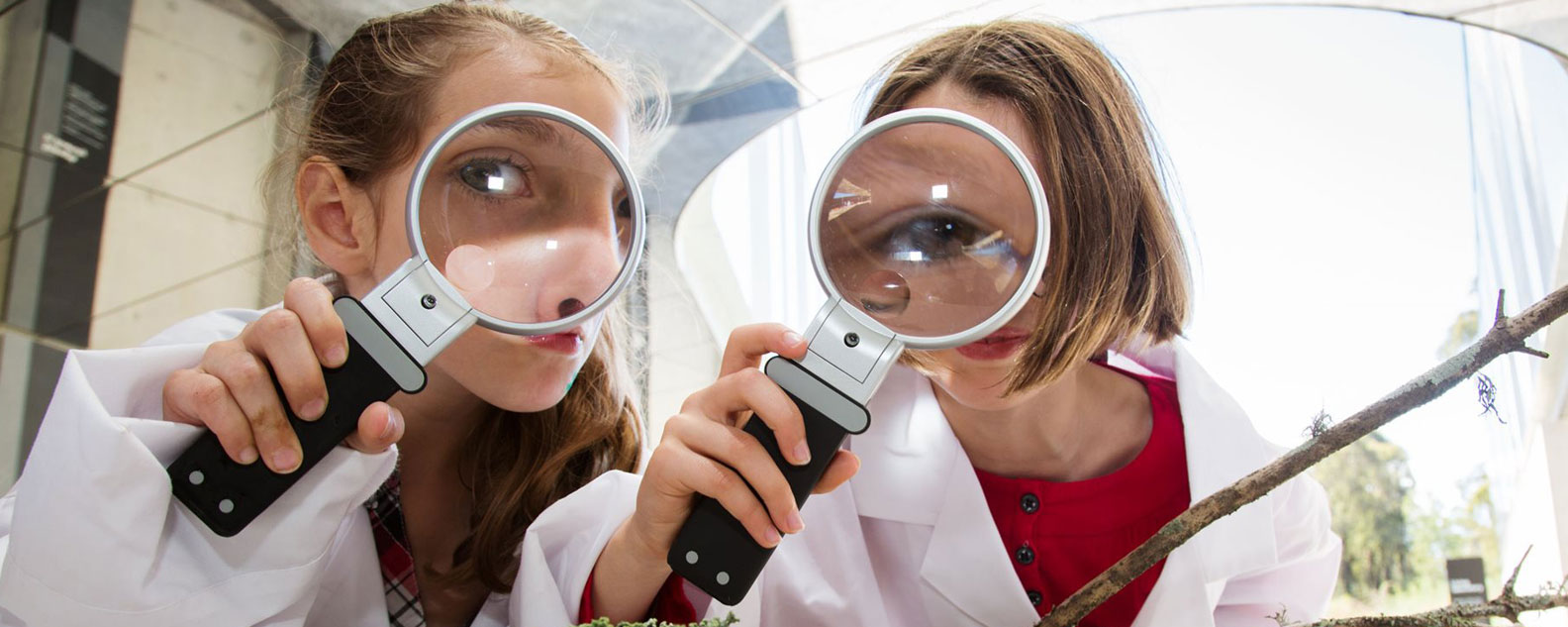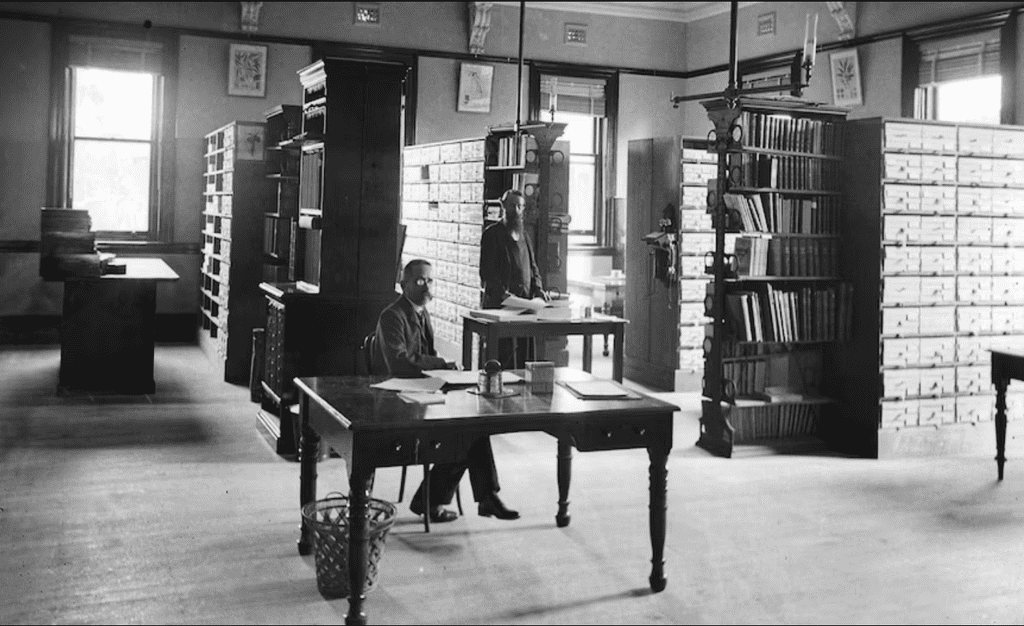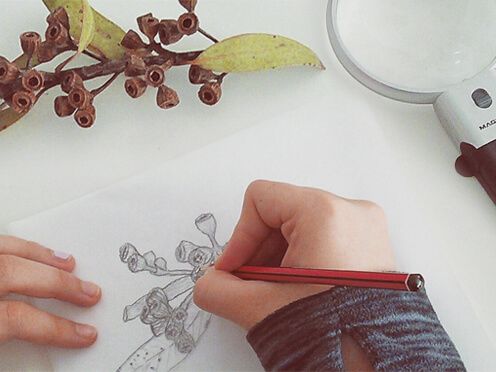Botanical Burglary
Learn about biology, ecology & soil science while solving a mystery based in the Botanic Gardens.

Stage 4
Science
2 hours
Minimum charges apply. Discounts apply for full day programs!
There has been a theft of valuable plant specimens at the Botanic Gardens and we need help investigating the crime.
Apply scientific skills to examine the evidence and help find the culprit.
In this workshop, students will learn about forensic botany and how botanists working at the National Herbarium of New South Wales use their botanical knowledge to investigate real mysteries.
Students pose as Forensic Botanists for the day and work to solve the crime and track down our stolen specimens!
Students will
- Use primary and secondary data to participate in forensic analysis of microscopic pollen samples.
- Use a dichotomous key to compare plant samples with living specimens in the Garden displays.
- Conduct field tests to assess soil composition and structure.
- Work together to create plausible and creative solutions to the crime scenario.
- At the Australian Botanic Garden, students will:
- Visit the National Herbarium of New South Wales and the Botanical Information Service.
- Meet botanists working at the Botanical Information Service.
Key content
- Conduct investigations by completing a range of tests, e.g. microscopy, soil analysis and plant identification.
- Identify the structural features of plants to collect and analyse data.
- Investigate the role science plays in the community, e.g. forensic science, fieldwork and plant science
- Use data to create plausible and creative solutions to problems.
- Identify the role Botanic Gardens can play in the scientific community.
Links to New South Wales curriculum
Focused Syllabus Outcomes
Science
- Relate the structure and function of living things to their classification, survival and reproduction (SC4-14LW)
- Appreciate the importance of science in their lives and the role of scientific inquiry in increasing their understanding of the world around them (SC4-1VA)
- Follow a sequence of instructions to safely undertake a range of investigation types collaboratively and individually (SC4-6WS)

"Participate in forensic analysis of microscopic pollen samples, and compare plant samples with living specimens in the Garden."
Related excursions

Students explore the Botanic Gardens and experience art through the wonders of nature.

Learn about the ecology of the protected, remnant environments.

A school tour of the Australian PlantBank is an extraordinary hands-on experience for students that brings their STEM learning to life within a state-of-the-art plant science and conservation facility.